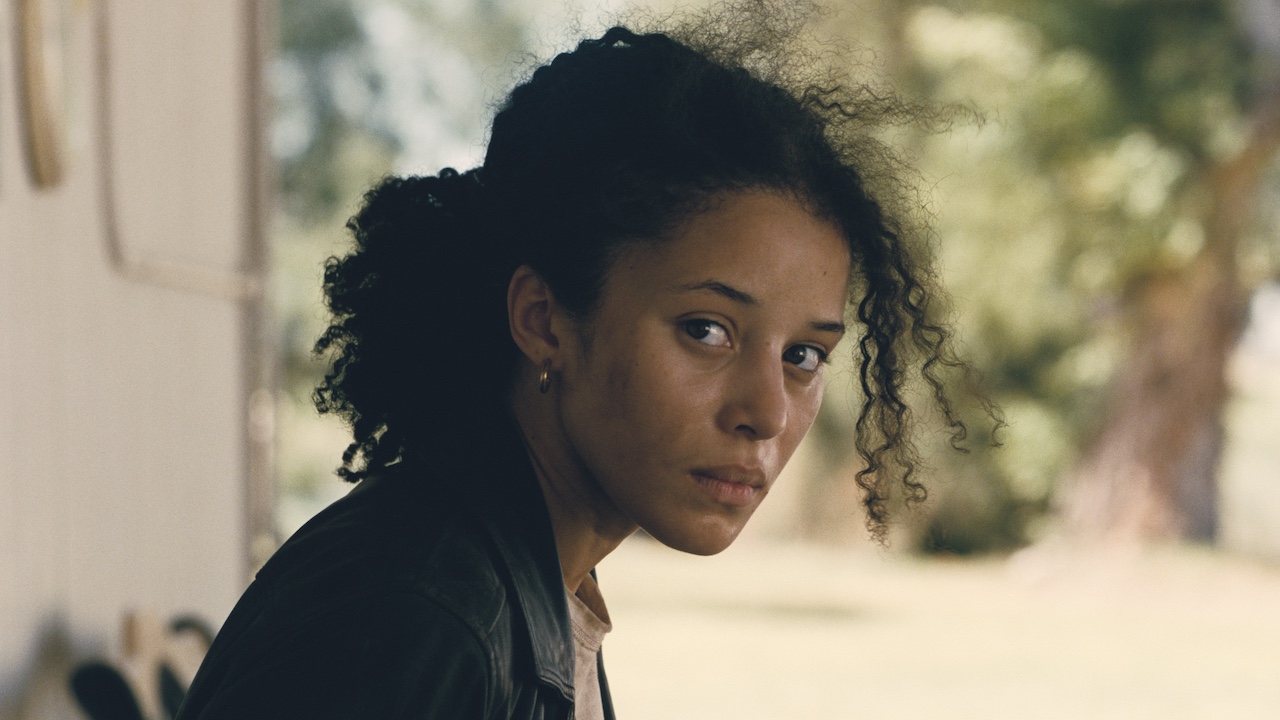Studio Ponoc Plans To Do Something Creatively Different Than Studio Ghibli, And I Think It's What The Animation World Needs
The Imaginary is a shining example of what children's animation should be.
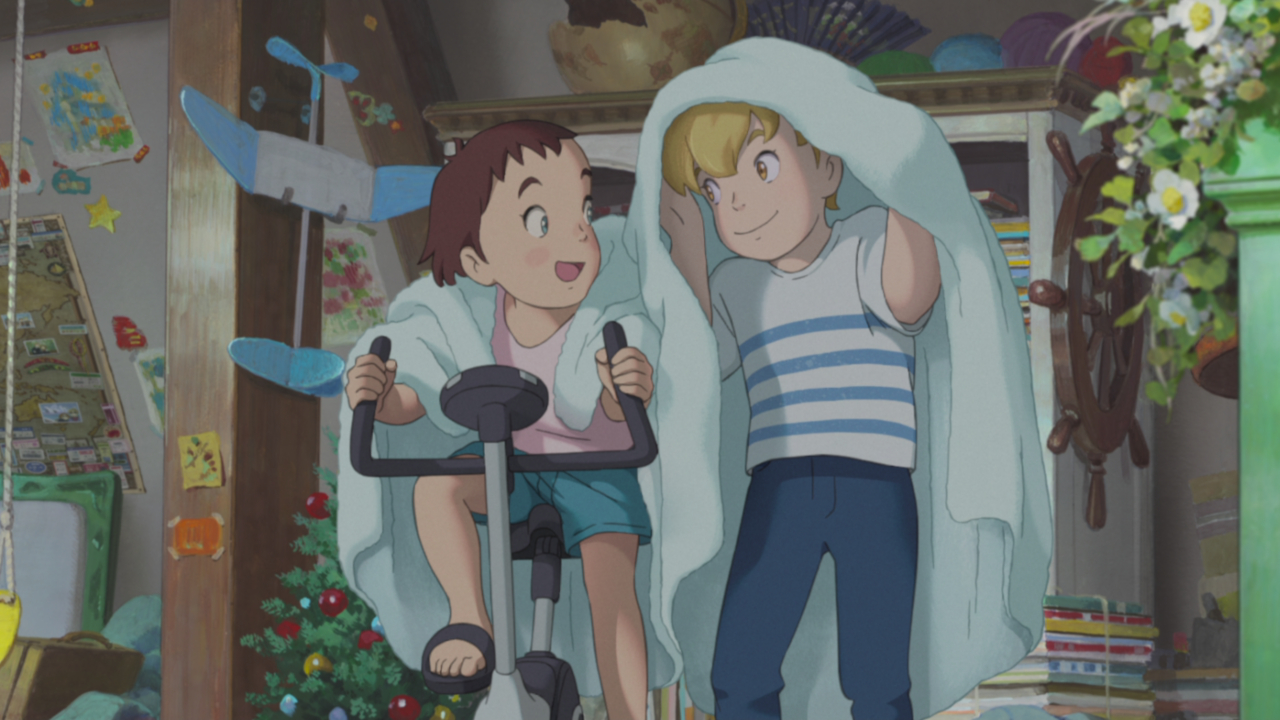
The Netflix original The Imaginary just might be one of the best titles in the rundown of 2024 movies to be released. A visually and emotionally stunning work of animation, it’s the latest from Studio Ponoc, a company founded by producer and screenwriter Yoshiaki Nishimura. As one would expect, Nishimura’s past experience as the lead producer at Studio Ghibli has been a major source of inspiration for how this entity operates.
But the studio has plans to do something creatively different than its spiritual cousin, or any other animation outfit. And upon learning about the strategy that Yoshiaki Nishimura and his colleagues have in mind for their cinematic output, I think it’s what the animation world needs at this point in time.
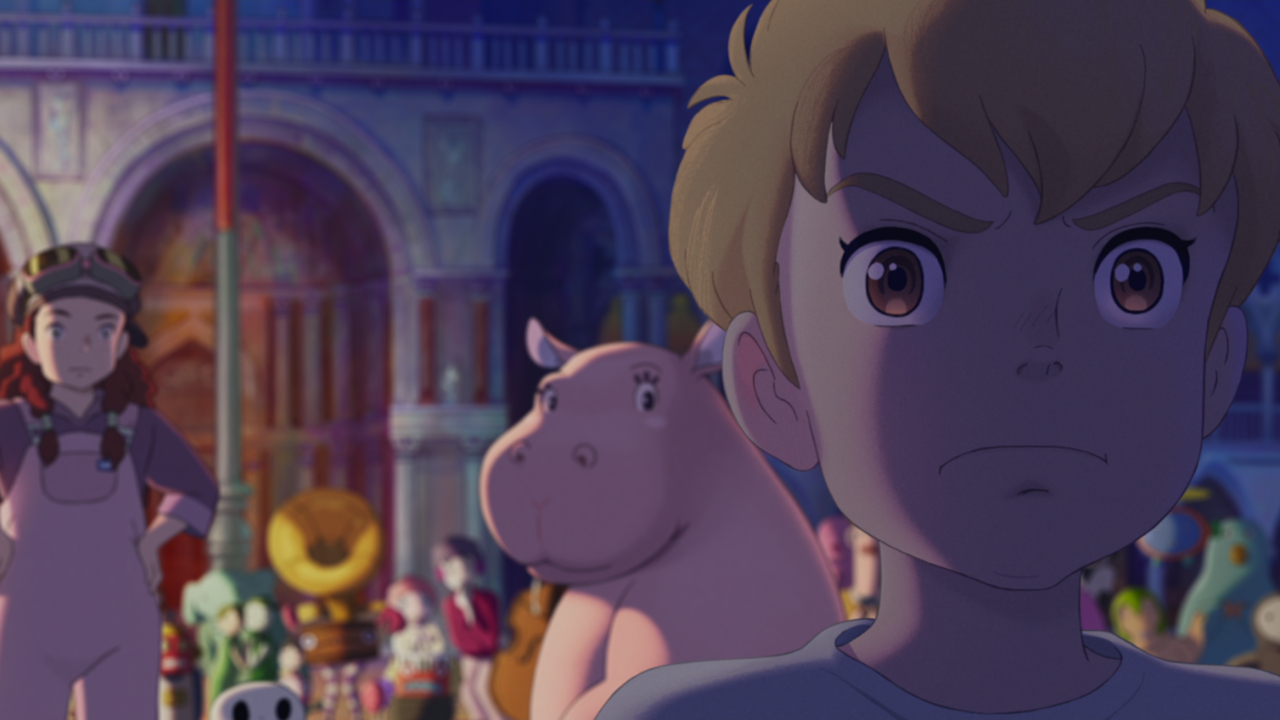
How Yoshiaki Nishimura’s Studio Ghibli Experience Shaped The Formation Of Studio Ponoc
Sitting down with The Imaginary’s screenwriter and producer Yoshiaki Nishimura, the man’s history with Studio Ghibli was something I wanted to explore a little further. With Nishimura’s previous employer standing as a legendary purveyor of Hayao Miyazaki films such as Spirited Away, Howl’s Moving Castle, and the 2024 Academy Award winner The Boy and the Heron, their work skews a little more maturely in its storytelling.
When it comes to how Studio Ponoc’s approach to films differs from that of its spiritual inspiration, Yoshiaki Nishimura provided a very specific contrast he had in mind. And he revealed to CinemaBlend, along with the need it’s meant to fill:
I was working at Studio Ghibli for maybe like 15 years. … The history that we created, the experience that we gained, craftsmanship that we gained by working for Studio Ghibli, it's something that we would very much like to embrace. But Studio Ponoc would like to ambitiously explore different kind of expressions and try out different kinds of stories. Something that's very important is to really understand the children living in this current world.
The words “children’s animation” invoke a myriad of thoughts when it comes to the landscape of entertainment. Most would automatically conjure images of Despicable Me 4’s recent box office success, and they’d technically be right. By and large movies such as that, or other offering from competitors like DreamWorks Animation and Disney/Pixar, are the commonly accepted definition of stories that play towards the young minds of the world.
But that’s not how Studio Ponoc or Yoshiyaki Nishimura see it. In fact, his definition of “children’s animation” is something that provides an effective compliment to Studio Ghibli’s efforts to use animation as a medium of telling more complex stories. While Ghibli works towards more broadly appealing stories with emotional intelligence that tends to favor adults, Ponoc uses that same approach in films like The Imaginary as a way to provide identifyable stories for the younger audience.
Continuing to elaborate on why he felt this market was underserved, Yoshiyaki Nishimura offered this additional context:
Your Daily Blend of Entertainment News
Because the children's population is decreasing in Japan, the animation business has [been] targeting grown ups more these days. I think the mission for people like us is to make sure that we would like to communicate or create pieces for children saying, ‘We are on your side.’ Maybe through [your] screen or monitor. I mean, it's communicated to the audience, and when children see this, this is how children feel, ‘They are talking to us.’
You can see that sort of approach in the very story that director Yoshiyuki Momose’s picture uses at its core. As best seen in what I think is one of The Imaginary’s best scenes, the power of a child’s imagination and the usefulness of imaginary friends shines clearly throughout the movie. And I know that's a theme we've seen played from so many angles this year, as 2024 also marked the releases of the Blumhouse horror film Imaginary, the live-action/CGI hybrid comedy IF, and is awaiting Harold and the Purple Crayon's arrival later this summer.
That approach isn't an invitation to think that the storytelling at hand isn’t emotionally or thematically complex like Studio Ghibli’s filmography either. Yoshiaki Nishimura also made that clear when doubling down on his thoughts pertaining to the importance of child-targeted animation; and those remarks made me even more of a believer in the cause.
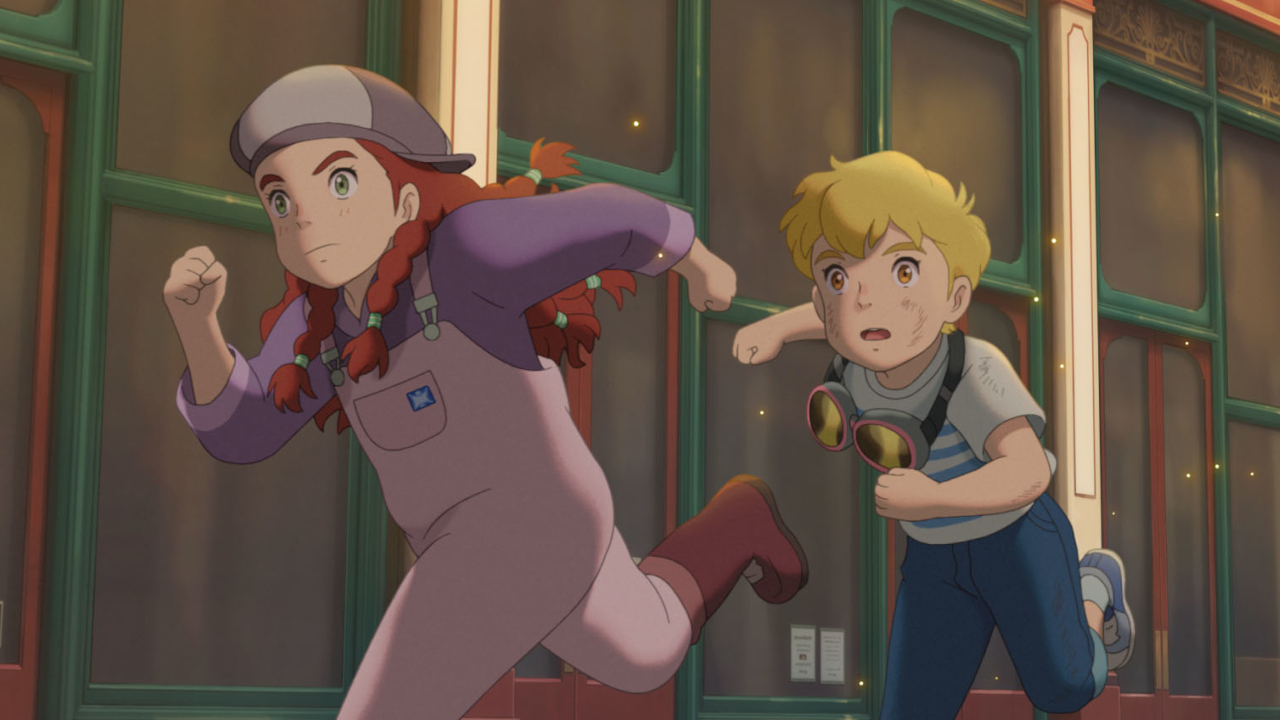
What Yoshiaki Nishimura Wants To Give To Children Through Stories Like The Imaginary
I can sense that some readers might still be a bit perplexed as to why more child-targeted animation is needed, in a world where movies like The Garfield Movie are still making themselves megahits on the backs of families. That’s where The Imaginary’s writer further differentiates Studio Ponoc’s work from major studio animation, as Yoshiyaki Nishimura isn’t only thinking of the child of today, but also the adult of the future.
Citing world conflict and natural disasters, specifically earthquakes in Japan, Mr. Nishimura seems to be crafting movies for the long haul. Wrapping his answer to this very subject, he not only has kids in mind, but also their parents:
The children today are surrounded by scary things. Something I really wanted the children to have is that power to overcome something that's scary for them. … There is a possibility that children will create their world based on the stories that they see. Stories that I made, we made. I hear this often, but children create the world. But, you know, I think that's not fully true. I mean, children will live in the world 10 years from now, the world that was built by the grownups. That's why grownups have to make sure that children will have that power to overcome. My policy for making films is to leave something valuable for the children, so that they can live 10 years, 20 years from now.
In The Imaginary’s story, we’re focused mostly on the Imaginary child Rudger (Louie Rudge-Buchanan) and his human creator Amanda (Evie Kiszel). But through the twists and turns of this very story, our young protagonists also find themselves working with and against adults, in a quest for survival.
And though the messages the film is extolling might be more geared towards children, as you can read in my review for The Imaginary, those adults who have healthy inner children are going to be totally on board as well. It's because of this balance that Studio Ponoc feels like it's on the cusp of something more studios should be trying to attempt.
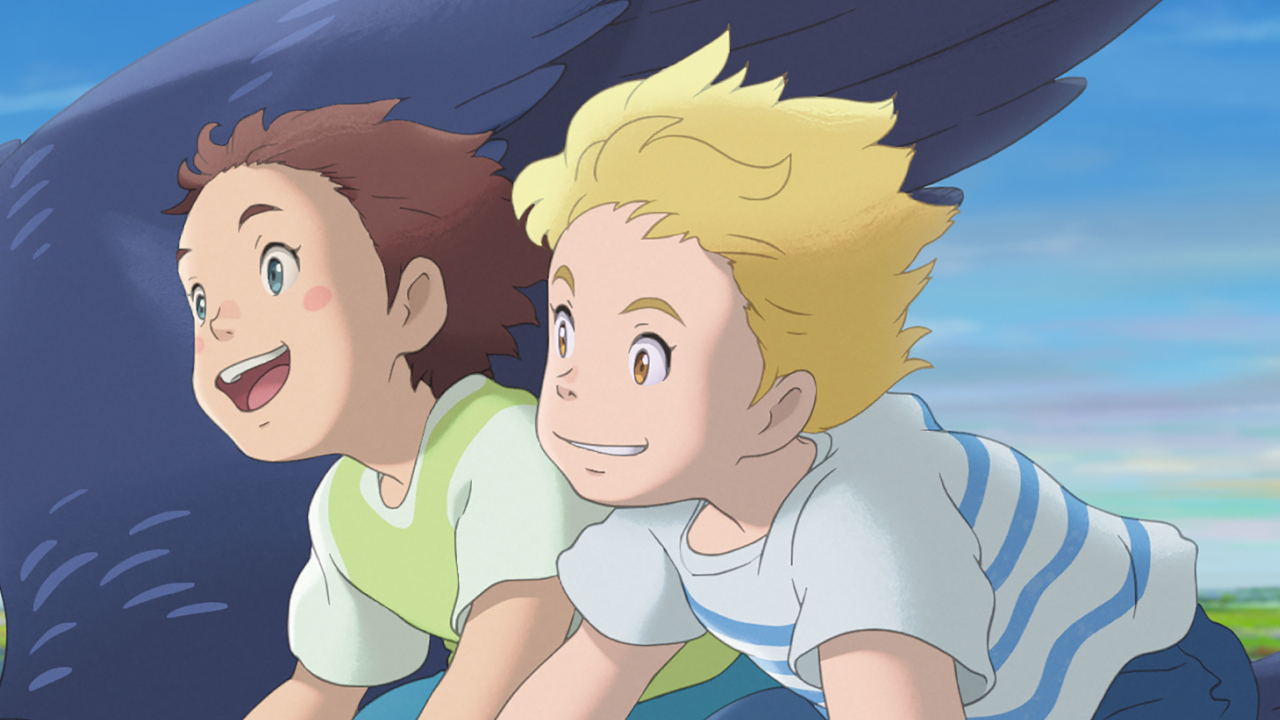
Yes, a good family movie that can reach out to, and entertain, adults is always appreciated. At the same time, if the grown ups in the room are going to show their young ones these sorts of movies to entertain, and potentially nurture children's minds, we need to start scaling back on the fart machines and marketable creatures. In their place should be beautiful, enthralling stories that show children that while the world can be difficult and complicated, they can not only endure its ways, but also change them for the better.
As we wrap up, I’d like to provide my own message to animation enthusiasts and parents who want to show their children something both age appropriate but also strikingly mature. If you support the kind of thinking exhibited through Yoshiyaki Nishimura and Studio Ponoc’s philosophy described above, you owe it to yourself and your family to see The Imaginary.
And lucky you, the film is currently streaming through the not-so imaginary power of a Netflix subscription; ready to be discovered as a potential timeless classic that will be handed down over future generations.
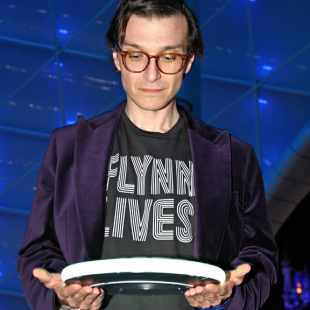
Mike Reyes is the Senior Movie Contributor at CinemaBlend, though that title’s more of a guideline really. Passionate about entertainment since grade school, the movies have always held a special place in his life, which explains his current occupation. Mike graduated from Drew University with a Bachelor’s Degree in Political Science, but swore off of running for public office a long time ago. Mike's expertise ranges from James Bond to everything Alita, making for a brilliantly eclectic resume. He fights for the user.
